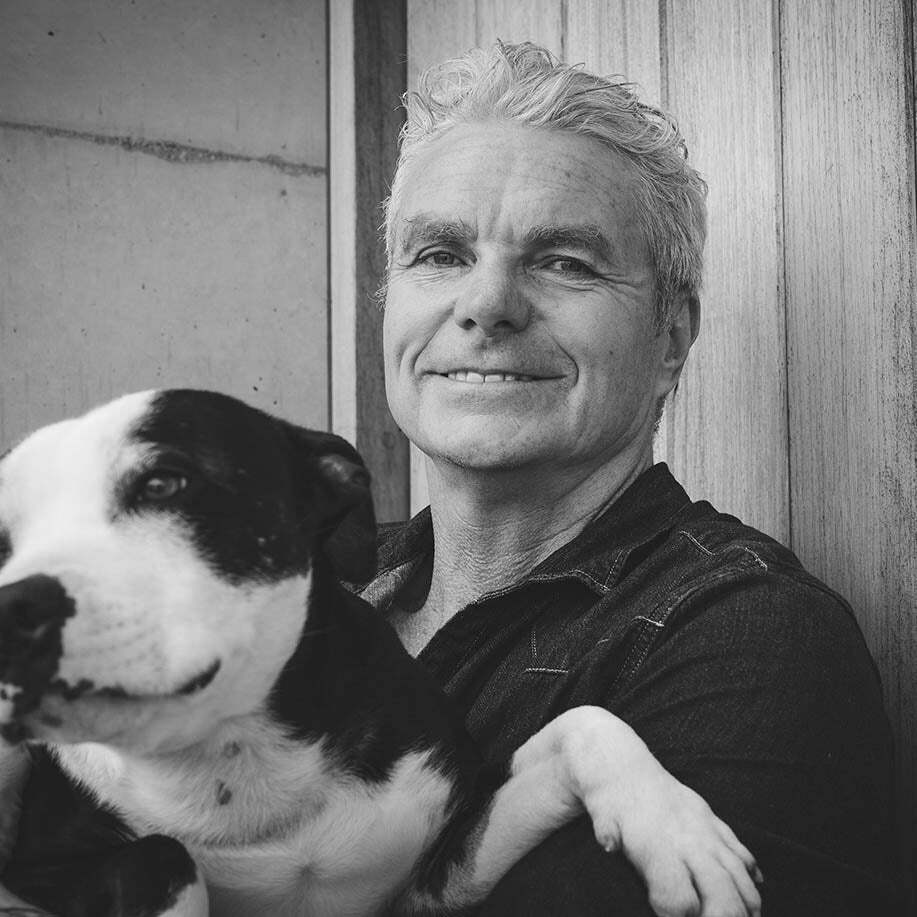- cross-posted to:
- abolition@slrpnk.net
- controversial@sh.itjust.works
- cross-posted to:
- abolition@slrpnk.net
- controversial@sh.itjust.works
I told the truth about the Australian Defence Force’s unethical, harmful and highly politicised leadership which fostered a culture of impunity in Afghanistan. As my team and I continue to fight these unjust criminal charges, I am asking for your support!
You can support David’s appeal here: https://chuffed.org/project/davidmcbride
(Edit) More information:
The latest from his Twitter / X account - run by his legal team: https://x.com/MurdochCadell
David McBride sent to prison | The West Report https://michaelwest.com.au/david-mcbride-sent-to-prison-the-west-report/
What Fate for David McBride? - with lawyer Eddie Lloyd | Consortium News https://www.youtube.com/watch?v=Czj540q8YDQ
Michael West interviews McBride - https://michaelwest.com.au/david-mcbride-full-interview/
video by BoyBoy https://youtu.be/sYt4CxFfQUU?si=P_E2FLkKYMKRbHRT
video by friendlyjordies https://youtu.be/jdYYIVoCvsM?si=Nhc2Uxnj0kadKUIu
[Article] Afghan war crimes whistleblower David McBride sentenced to prison, by Michael West | May 14, 2024 https://michaelwest.com.au/whistleblower-david-mcbride-sentenced-to-jail/



McBride’s intention was not to leak to expose war crimes, it was to show how troops were being unnecessarily hounded by legal etc , ie ‘over-zealous investigations of special forces’
The ABC discovered war crimes in the leaks and went down that path, ignoring McBride’s initial reason for leaking the information.
Now McBride is allegedly playing a hero being victimised for exposing the war crimes.
ABC article
That is some twisted narrative the abc has been spinning about their own source.
If David hadn’t wanted to expose the murders, he wouldn’t have leaked evidence of it. What’s more, he leaked evidence of their cover-up up to the highest ranks, which could be argued is he graver war-crime, since it fosters a culture of impunity.
It is true that David saw some soldiers, who served in Afghanistan the year after a lot of those murders took place, prosecuted unfairly, the way he saw it. He believes the Defence leadership were scape-goating these soldiers to be seen to be doing something about war crimes when in reality they continued the cover-up for the murderers. This flauting of command responsibility is the bigger story which the abc continues to ignore.
Edit: also, motive was never discussed during trial. Trial only ever got as far as pre-trial, where the justice ruled on the meaning of ‘duty’ (just follow your orders) and in a closed session allowed the govt to scoop away David’s evidence, leading him to plead guilty.
I knew the essentials of this, that the story he wanted told was more about Army treatment of SAS soldiers. I didn’t realise the story was meant to be basically the complete opposite to the Afghan files, though.
I don’t think there’s any reason why Oakes’ recollection of McBride’s intent trumps what McBride has publicly said about his intent. Doesn’t the court have a word for that?
It seems fairly logical to me. He had the personal experience of witnessing soldiers unfairly scapegoated by superiors. His substantiation for the unfairness is that those superiors were complicit in war crimes. That the motive was there for superiors to make false specific allegations of misconduct in order to sweep systemic issues under the rug.
If McBride were a perfect witness, he’d have been motivated enough by war crimes to speak up. But the doubt about his awareness of what he was exposing is an appeal to authority which flies in the face of Occam’s razor.
Simply, whistleblowing as a means of recourse only became preferable after his fellow soldiers, whom made the same choice he personally did to sacrifice their normal lives to enlist, presumably with virtuous intent i.e in Australia’s name, were effectively betrayed by their own.
That might leave something to be desired about his morals, but this must be considered in context, and “not whistleblowing” under prior corcumstances isn’t something that could reasonably be prosecuted. Oakes is right to conclude that our military personnel should have been more closely monitored in general. That doesn’t speak to the specific conduct of the soldiers McBride aimed to exonerate, though.